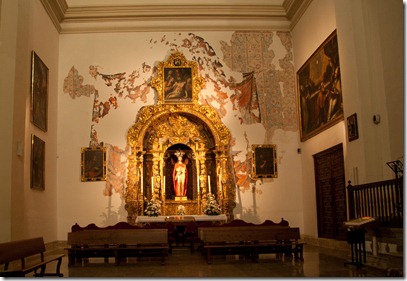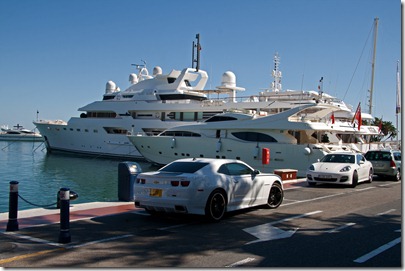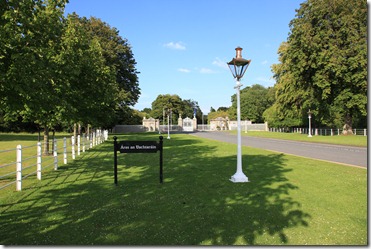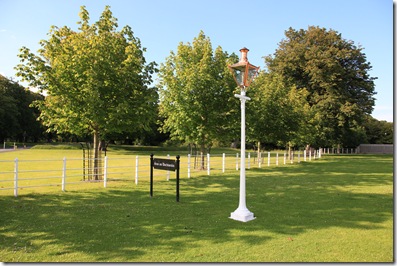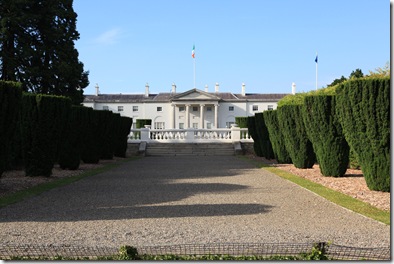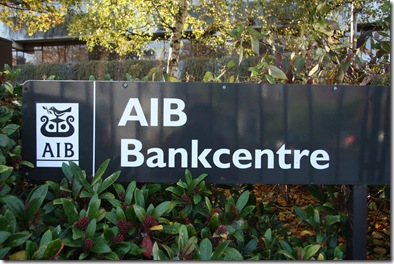The Irish media this weekend carried two contrasting reports of contemporary life in Ireland. Once concerned a family in Co. Kerry who were starving after the breadwinner’s fragile income disappeared with his part-time job.
At the other end of the spectrum lawyers the Government rejected claims of €30,000 for senior counsel and €20,000 for junior counsel in ‘severance payments’ in respect of their engagement by The Moriarty Tribunal which got under way in 2007 and published its report last March.
The overall cost of this tribunal to the end of 2010 was €41,396,005 with estimates of costs outstanding being in the region of €6.7 million, although the final cost is inherently difficult to estimate, according to the Comptroller & Auditor General.
Public sittings commenced on 31 October 1997 and there were 390 public sitting days from then until 31 December 2010, 13 years later. Lawyers fees accounted for 78.6% of the cost of the Tribunal. Total expenditures on this Tribunal was equivalent to an average of €106,144 per public sitting day of which an average of €83,472 was spent on lawyers fees.
The total amount paid to the Tribunal legal team to the end of 2010 was:
| NAME | FROM | AMOUNT € |
| Jerry Healy SC | October 1997 | 9,490,181 |
| Jacqueline O’Brien SC (1) | October 1997 | 6,707,891 |
| Maire Moriarty JC (2) | December 1997 | 2,351,893 |
| Stephen McCullough JC | May 2002 | 1,775,551 |
| Patrick Dillon-Malone JC (3) | 2001-2003 and from October 2010 | 132,798 |
| Stuart Brady, Solicitor | January 2005 | 1,732,404 |
| Darach McNamara, Research Assistant | September 2003 | 753,775 |
| FORMER MEMBERS | | |
| John Coughlan SC | Oct 1997 – Dec 2010 | 9,285,628 |
| Brian McGuckian, Research Assistant | 1998 -2002 | 324,122 |
| | TOTAL | €32,554,243 |
The daily rate paid to these lawyers in 2010 was as follows:
| Level | Daily Rate, excluding VAT, 1 Jan-31Dec 2010 | Daily Rate, Excluding VAT, 1 Feb to date |
| Senior Counsel | €2,300 | €1,955 |
Senior Counsel, 80% rate
[J O’Brien] | €1,840 | €1,564 |
| Junior Counsel | €1,012 | €860.20 |
Junior Counsel
[P Dillon Malone] | N/A | €1,050 |

Recruitment
These lawyers were identified, selected, recruited, retained by the sole member of the Tribunal alone and the civil service department who paid them had no input.
No procurement procedures were followed in the selection process.
In 2002 the per diem rate for senior counsel went up from €1,714 to €2,250 when the counsel engaged by the Tribunals in each case sought a review of the rate. The review was a function of specific proposals and representations made by the individual barristers concerned and, separately, a review conducted by the Department of Finance and the Office of the Attorney General about appropriate rates at that time. A legal cost accountant was consulted on what
would be a reasonable rate at the time.
Three senior counsel at the Moriarty Tribunal were paid €2,500 a day for an extraordinary 304 days in 2008. The Moriarty Tribunal sat in public session for an average of 20 days in each of the past three years. The report advised that there were no specific attendance records for the legal teams maintained at the Morris and Mahon Tribunals. The Moriarty Tribunal records attendance of Tribunal legal team members but does not take account of arrival and departure times.
Extra Payments
An extra €1 million has been paid to counsel because of an error in the Department of the Taoiseach, where counsel have been paid a per diem rate of €2,500 instead of €2,250 and where the matter was allowed continue without rectification. After lengthy negotiations, a rate of €2,500 per day was agreed with Moriarty senior counsel and notified to them by letter in June 2002. A few weeks later, in view of the setting of the fee of €2,250 per day for senior counsel at other Tribunals, it was realised that the Moriarty rate had been agreed at a higher figure arising from a misunderstanding between the Department and those setting the fees. The Moriarty fee was reviewed again. It was considered that in view of the particular circumstances of that Tribunal, the higher fee was appropriate and, following advice from the Attorney General this rate was sanctioned by the Department of Finance on a personal basis.
The Department of Finance saw no basis for paying the higher fee of €2,500 per day and having regard to this, is of the view that steps should have been taken to apply the lower fee. The Department of the Taoiseach should have acted with more vigour in refusing the higher rate of payment.
Catalyst for Reform?
The scale of these costs and the absurdity of these claims aptly demonstrate the urgent and compelling need for the radical reform of the legal professions and promptly ending the combined role of the Bar Council and the Law Society regulating and representing the professions.
The combined roles of self-governance and representation causes restrictive impediments, less transparency, openness and accountability leading to the typical cost of legal services in Ireland being the highest in the developed world – an observation validated in a 2009 World Bank report and the widespread perception that lawyers can simply charge what they like.
This buccaneering culture is a severe constraint on the prospects for reform, economic recovery and investment. The State, as the biggest buyer of legal services needs to deal aggressively and effectively with the underlying issues that facilitate absurd and outrageous costs and claims, such as these.
Successful intervention will mean fewer unemployed and underemployed barristers and solicitors and a legal system that becomes a more dependable purveyor of justice and equity.


